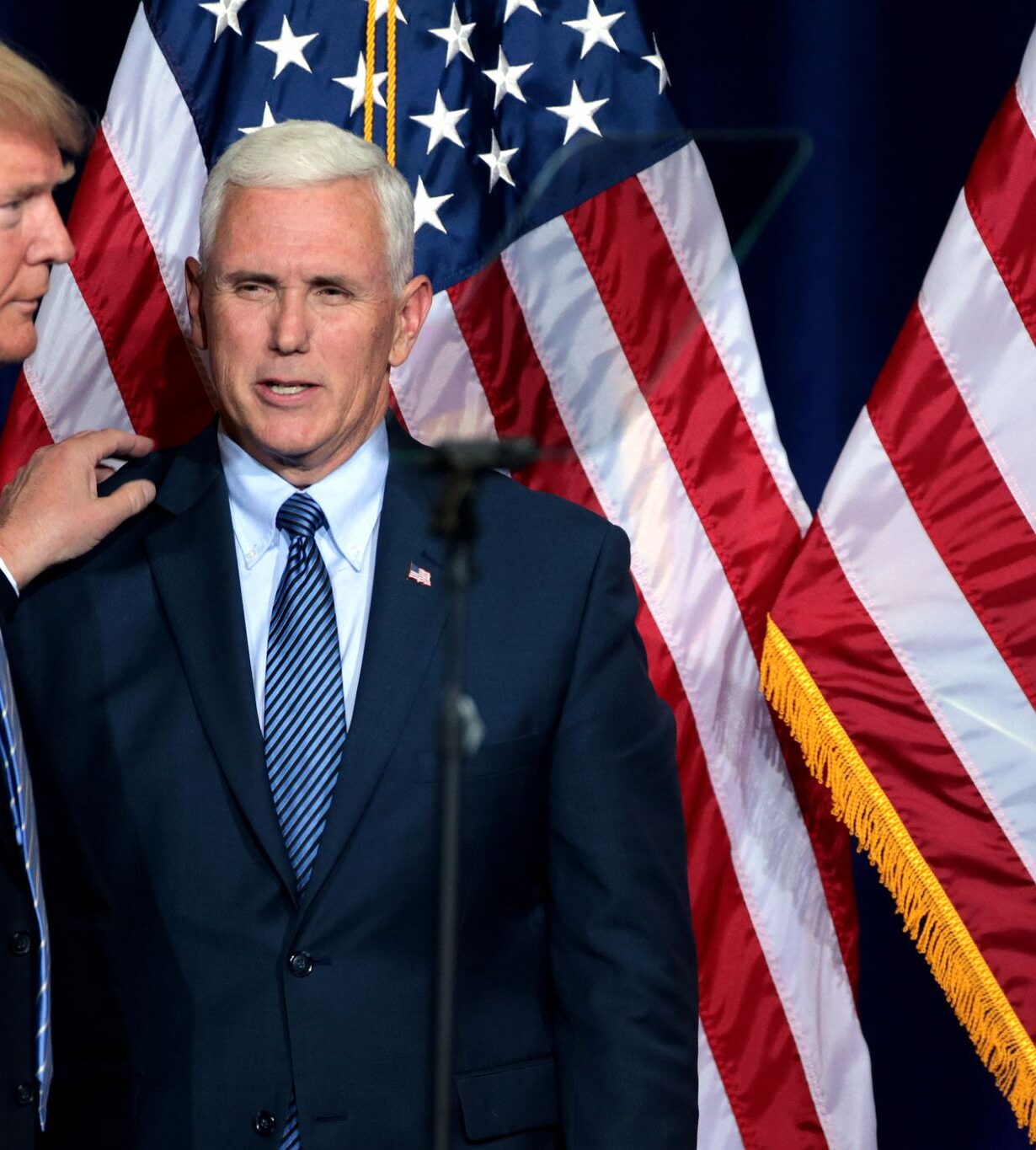Key Takeaways:
– Donald Trump becomes first convicted felon to win a U.S. presidency, defeating Vice President Kamala Harris.
– The President-elect awaits sentencing over 34 criminal charges from Justice Juan Merchan, planned for November 26.
– Bill Dalton, in an op-ed piece, suggests that Merchan could uphold the rule of law by sentencing Trump.
– Dalton’s viewpoint emphasizes that no one, including presidents, should be above the law.
Felon Elected President
In a historic moment for the United States (US), Donald Trump, the President-elect, made landmark news by transitioning from a private citizen to the first convicted felon elected as president. This unprecedented event comes as Trump awaits sentencing on 34 alleged criminal violations.
Awaiting Sentence
Trump, already familiar with legal scrutiny, has faced criminal charges in three separate cases. Justice Juan Merchan, the presiding judge, has marked November 26 as the sentencing date. This unprecedented situation has led to much discussion and speculation on the implications for the rule of law in the United States.
Rule of Law Goes on Trial
Bill Dalton, a journalist, believes this is an opportunity for the judge to uphold the rule of law. According to Dalton, Justice Merchan should sentence Trump to a jail term. He argues that this would send a clear message – being a president does not place one above legal repercussions.
Dalton insists that this move is crucial because with the U.S. Supreme Court’s immunity ruling set to take effect post-Inauguration Day, sitting presidents will be immune from legal repercussions. This situation, Dalton opines, puts the rule of law at risk within the American judicial system.
Underlying Implications of the Historic Election
Dalton goes on to state that if Trump manages to dodge jail time due to his presidential status, the consequences could be devastating on two fronts. First, it would make a mockery of the established system of justice. He indicates that this could mean a damaged reputation for the prosecutors and the judicial system, as the election win has demonstrated that potentially, crime does indeed pay.
Secondly, according to Dalton, Trump’s victory could potentially turn what was earlier seen as a political liability, into a fundraising asset.
Striking a Balance Between Justice and Politics
Dalton highlights that Justice Merchan should exhibit the same courage Vice President Mike Pence displayed when he stood for the rule of law during the infamous incident on January 6. It is essential that Merchan shows the nation and the world that Trump’s election win should have no bearing on his decision.
To Dalton, even a single day’s sentence, light as it might seem given the severity of the charges, would re-emphasize a fundamental tenet of justice: no individual stands above the law.
The Bigger Picture
The pivotal debate that Dalton presents transcends this specific case. The real issue here isn’t just the anticipated sentencing of Trump, but rather, it underscores a fundamental principle: that the rule of law should be upheld, regardless of a person’s position.
In closing, Dalton suggests that if the principle that no one is above the law ceases to hold meaning in America, then the loss is greater than the defeat of Vice President Kamala Harris in the recent election. In essence, the recent election could end up being a defining moment, not just for Trump’s political career, but for the sacred principles of justice that form the bedrock of American society.
